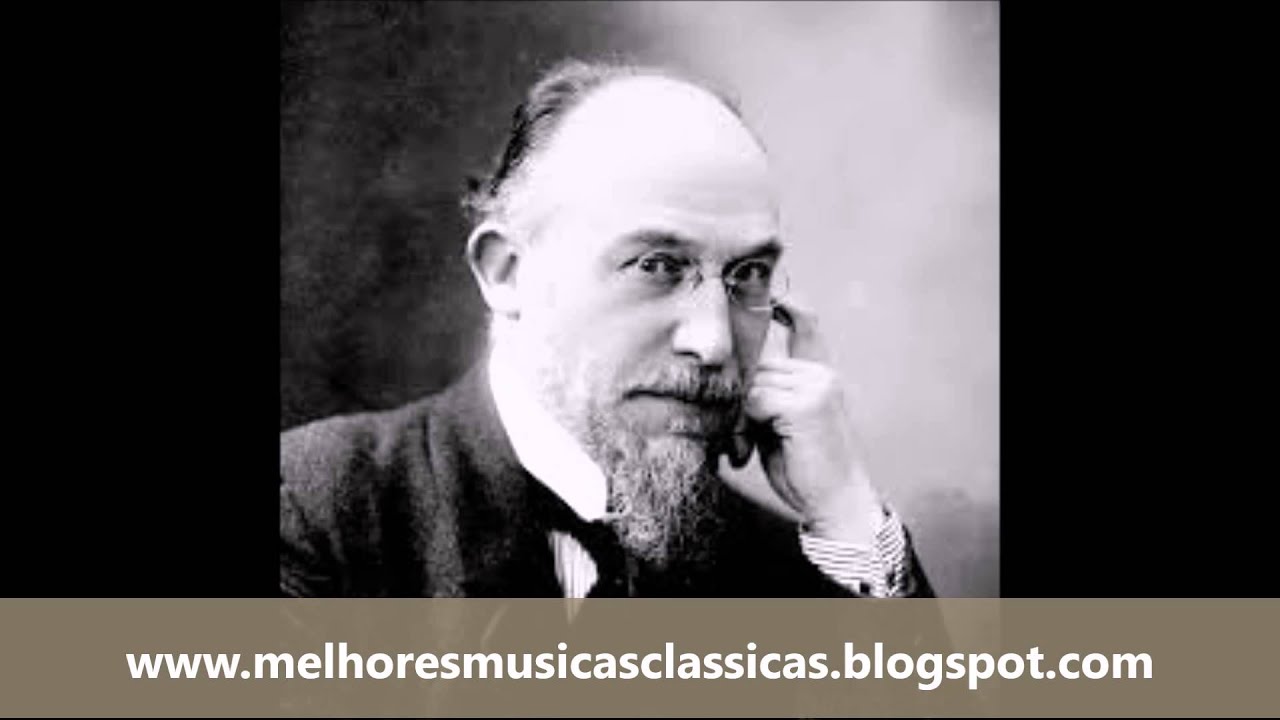
Satie – Gymnopedie 1, 2, 3
Erik Satie Éric Alfred Leslie Satie (17 May 1866 – 1 July 1925), who signed his name Erik Satie after 1884, was a French composer and[…]

Mykola Leontovych – Carol of the Bells
Mykola Leontovych – Carol of the Bells Mykola Dmytrovych Leontovych (13 December 1 1877 – 23 January 1921) was a Ukrainian composer, choral conductor, and teacher[…]